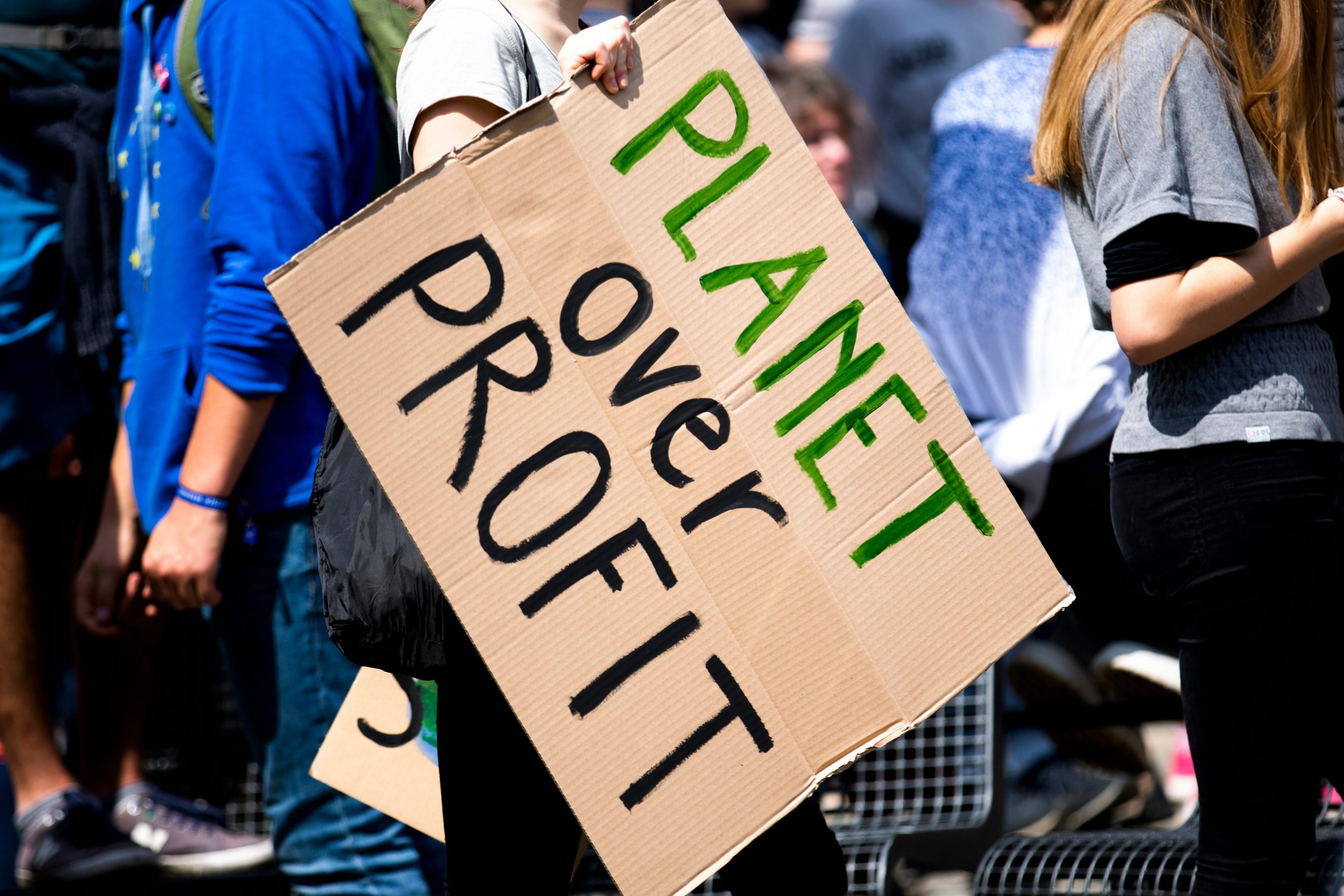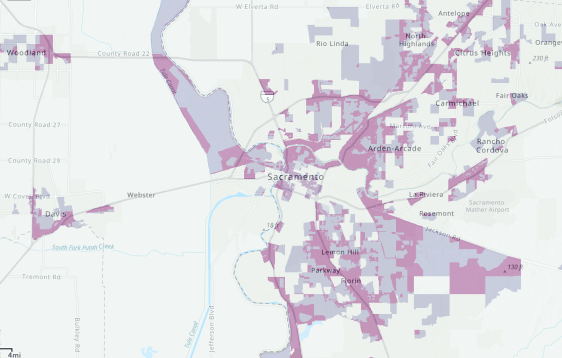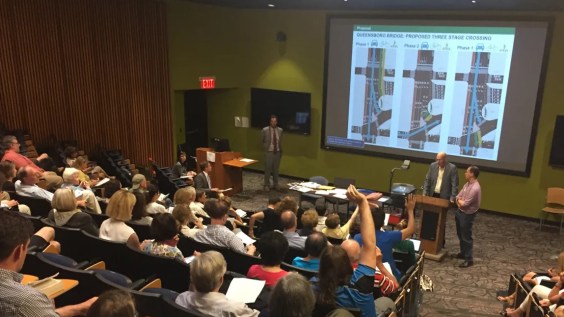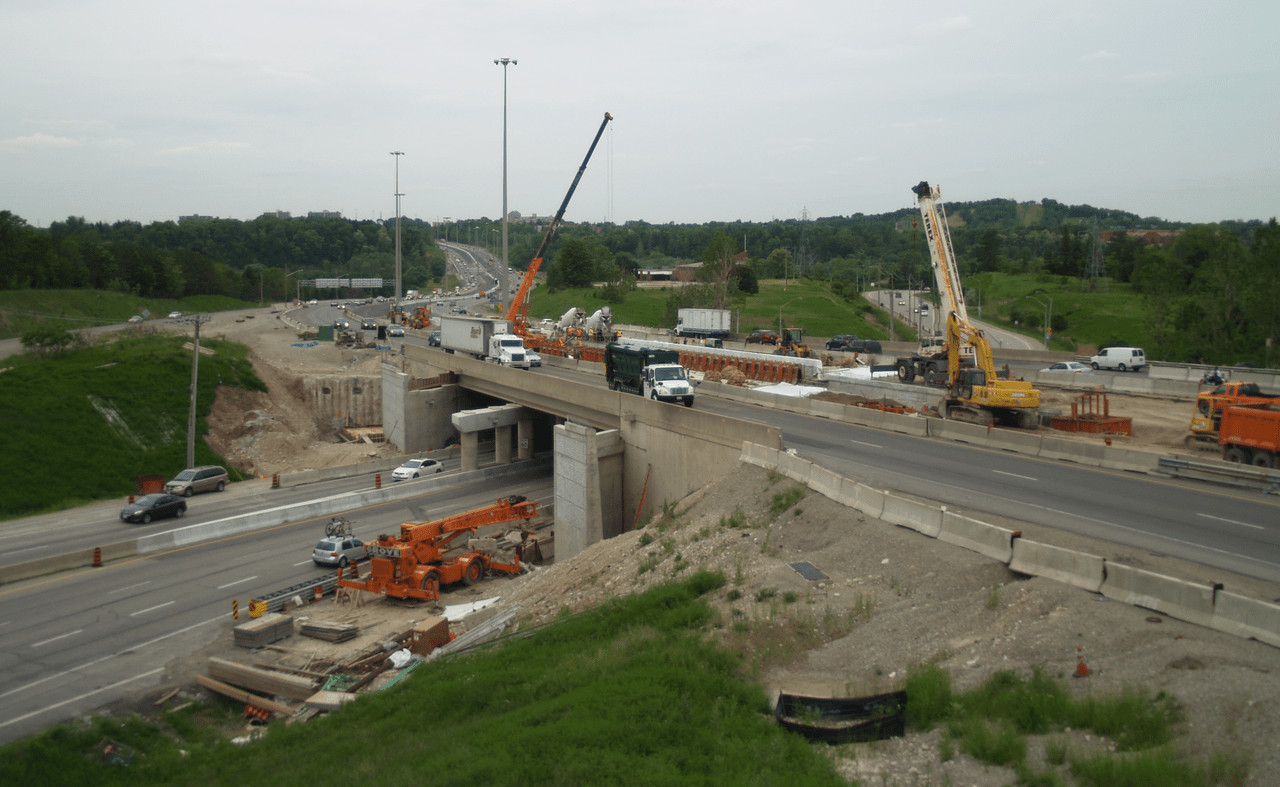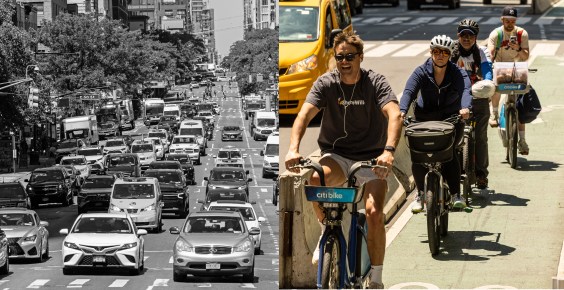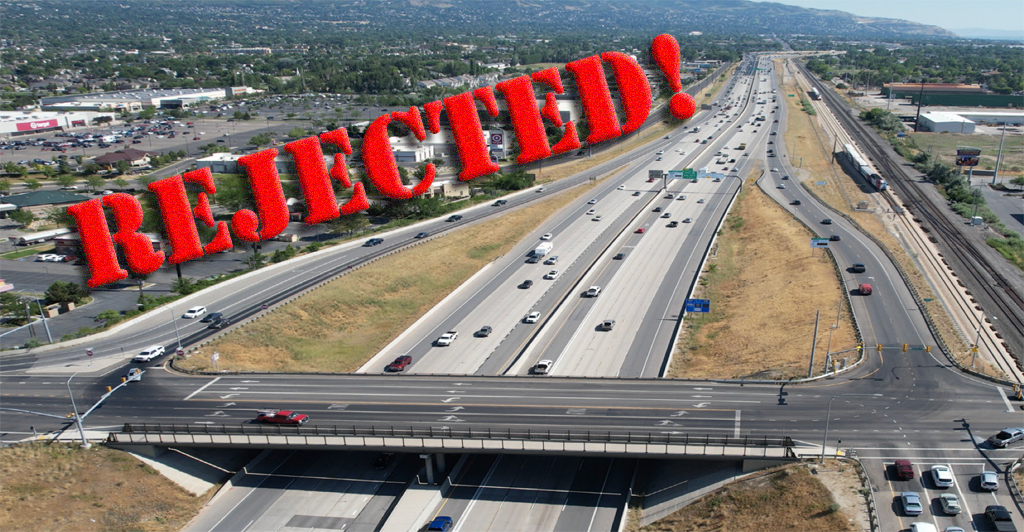Climate Change
USDOT Warns Congress That Americans Need to Drive Less to Survive Climate Change
"The U.S. will not be able to decarbonize the transportation sector without addressing increased demand," a recent DOT report wrote. So why are so few transportation leaders doing it?
This Heat Wave is a Car Dependency Problem
Our quickly warming planet has a unique impact on people who don't or can't drive — and we need policy action to protect their health.
Historic Settlement Will Force Hawai’i DOT to Decarbonize and De-Center Cars
The first-of-its-kind legal settlement will force Hawai'i DOT to decarbonize and de-center cars. Which state will be next?
New York Pols Back Gounardes’s Bill to Cut Driving by 20%
From Buffalo to Brooklyn, lawmakers want less driving.
How the Myth that ‘100 Companies’ Are Responsible for Climate Change Hides the True Impact of Automobility
An influential report pins responsibility for the climate crisis to just a handful of oil, gas and cement producers. But who's buying what they're selling — and who's creating policy that makes many of those purchases functionally compulsory?
California Launches New Transportation Equity Tool
The Transportation Equity Index maps out crash rates and creates a new way to map out multimodal access.
Understanding Car Culture ‘Denialism’ Can Help Safety Advocates Respond
Opponents of change sow confusion with fake experts, logical fallacies, impossible expectations (moving goalposts), conspiracy theories, and selectivity (cherry picking). We can fight back.
State DOTs Spend Even More Money on Highway Expansions Than We Thought
Advocates knew states would go on a highway widening binge when the Bipartisan Infrastructure Law passed — but they didn't know it would be quite this bad.
Advocates Urge NY To Cut Car Trips by 20 Percent
New York should spend billions on transit, bikes, and paths instead of more highway.
Freeway Fighters: ‘Stop the Highway-Expansion Madness,’ New Coalition Demands
"Endless highway expansions are pulling our country into an environmental, budgetary, and public health crisis," the letter states.




